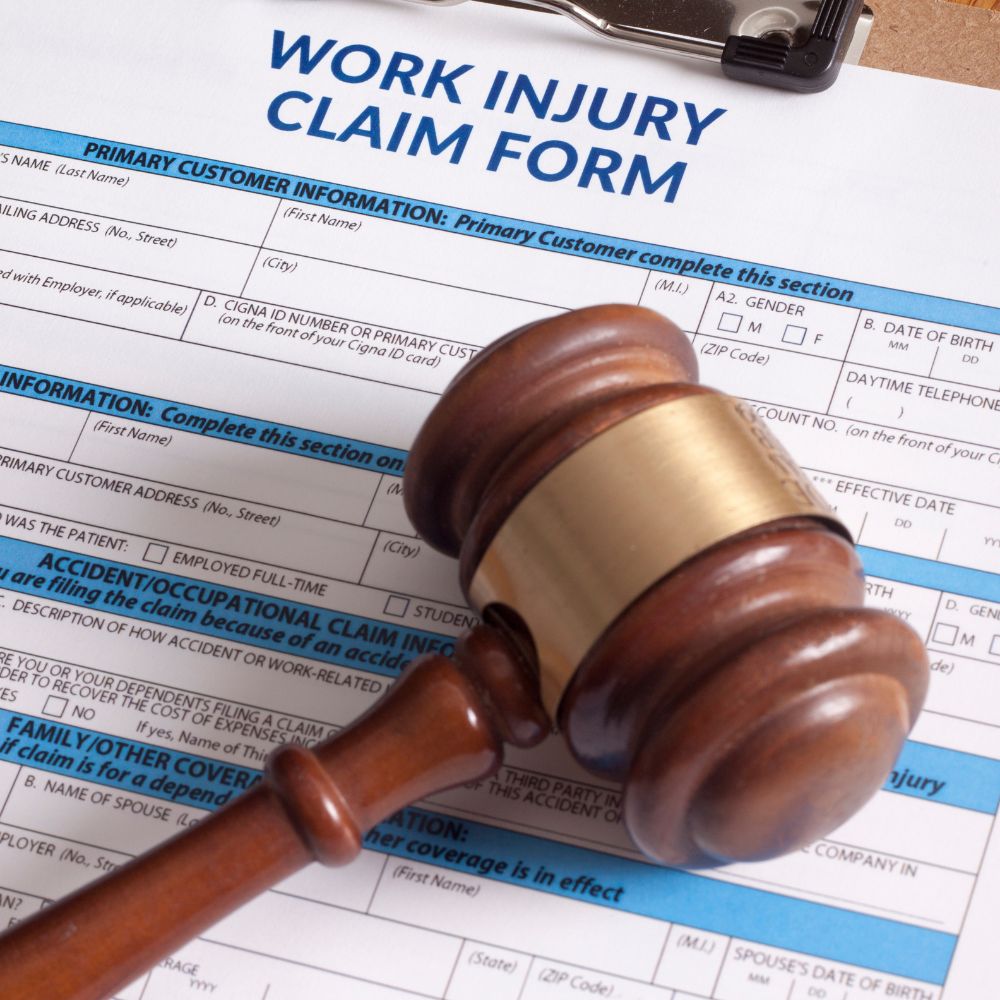
The Workers’ Compensation Process in Massachusetts & Workers’ Compensation FAQs
Seek Maximum Compensation for Work Injuries
Were you seriously hurt at work and are now unsure about what you should do next? Perhaps you don’t know what your protections are. The state of Massachusetts has a workers’ compensation act that was put in place to help protect workers who are hurt, killed, or diagnosed with an illness because of their job. This article explains the Massachusetts workers’ compensation claims process and provides information regarding steps individuals should take if they suffer a workplace injury.
If you or a loved one was injured at work, I invite you to call my office to schedule a free consultation. As a workers’ compensation attorney with over three decades of legal experience, I can tenaciously advocate for your rights and the maximum compensation and medical treatment to which you are entitled.
